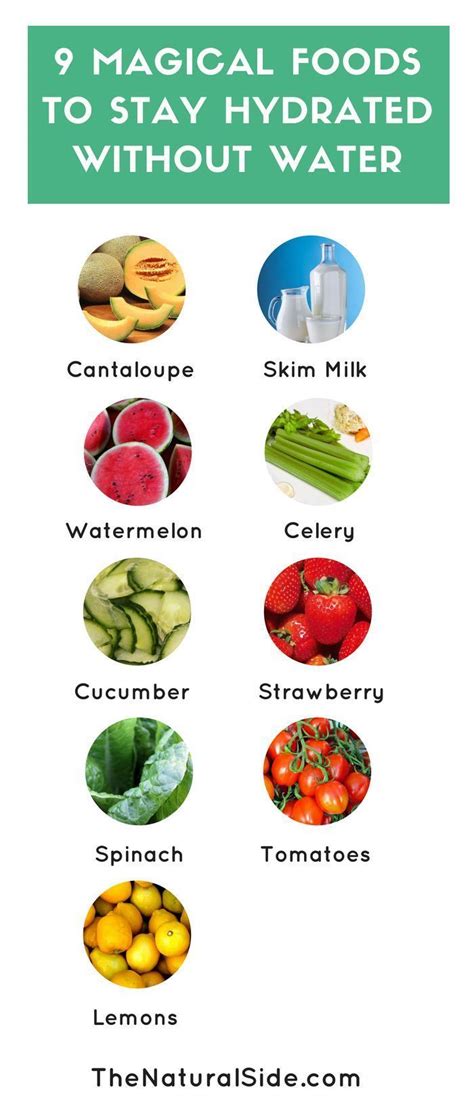How to Rehydrate Fast: Expert Tips and Tricks
Dehydration can sneak up on you, leaving you feeling sluggish, dizzy, and generally unwell. Knowing how to rehydrate fast is crucial for maintaining your health and well-being, especially after intense physical activity or a bout of illness. This comprehensive guide provides effective strategies to replenish your fluids quickly and safely.
Understanding Dehydration
Before diving into rehydration techniques, let's understand the root of the problem. Dehydration occurs when your body loses more fluids than it takes in. This fluid loss can result from various factors, including:
- Excessive sweating: Intense exercise, hot weather, and physical labor are common culprits.
- Diarrhea and vomiting: These gastrointestinal issues can lead to significant fluid loss.
- Insufficient fluid intake: Simply not drinking enough water throughout the day.
- Certain medications: Some medications can have a diuretic effect, increasing fluid loss.
Fast Rehydration Methods: What Works Best?
The key to fast rehydration isn't just drinking water; it's about choosing the right fluids and replenishing lost electrolytes. Here’s a breakdown of effective methods:
1. Water: The Foundation of Rehydration
Water is essential. It forms the base of any rehydration strategy. Start by drinking water steadily, avoiding gulping large amounts at once, which can be uncomfortable and even counterproductive. Sip regularly throughout the day.
2. Electrolyte Drinks: Replenishing Lost Salts
Electrolytes like sodium and potassium are crucial for proper bodily functions. Sweating depletes these electrolytes, so rehydration solutions containing them are particularly beneficial after intense physical activity or illness. Commercial sports drinks can be helpful, but be mindful of their sugar content. Consider homemade electrolyte drinks using water, salt, and a source of potassium (like banana).
3. Oral Rehydration Solutions (ORS): For Severe Dehydration
For severe dehydration due to illness, ORS is recommended. These solutions are specifically formulated with a precise balance of electrolytes and sugars to facilitate rapid rehydration. You can find ORS packets at most pharmacies. Follow the package instructions carefully.
4. Broths and Soups: A Tasty Way to Rehydrate
Warm broths and soups can be soothing and hydrating, especially when you're feeling unwell. The sodium content helps replace lost electrolytes, and the warmth can be comforting.
5. Fruits and Vegetables: Natural Hydration Boosters
Many fruits and vegetables have high water content. Including them in your diet can contribute to overall hydration. Watermelon, cucumbers, and spinach are excellent choices.
What to Avoid When Rehydrating
While some things aid rehydration, others can hinder the process:
- Excessive alcohol: Alcohol has a diuretic effect, worsening dehydration.
- Caffeinated beverages: Coffee and tea can also increase urination.
- Sugary drinks: These provide calories but offer little in the way of electrolyte replenishment.
Signs of Successful Rehydration
You'll know you're rehydrating successfully when you start to feel:
- Less thirsty
- Increased energy levels
- Improved skin elasticity (pinch your skin; it should snap back quickly)
- Less dizziness
- Clearer urination (pale yellow)
When to Seek Medical Attention
If dehydration symptoms persist or worsen, seek medical attention immediately. Severe dehydration can be dangerous, and professional medical care is necessary.
By following these tips and understanding your body's needs, you can effectively and quickly rehydrate after any fluid loss. Remember that prevention is key; make sure to drink plenty of fluids throughout the day, especially during hot weather or after intense physical activity.
